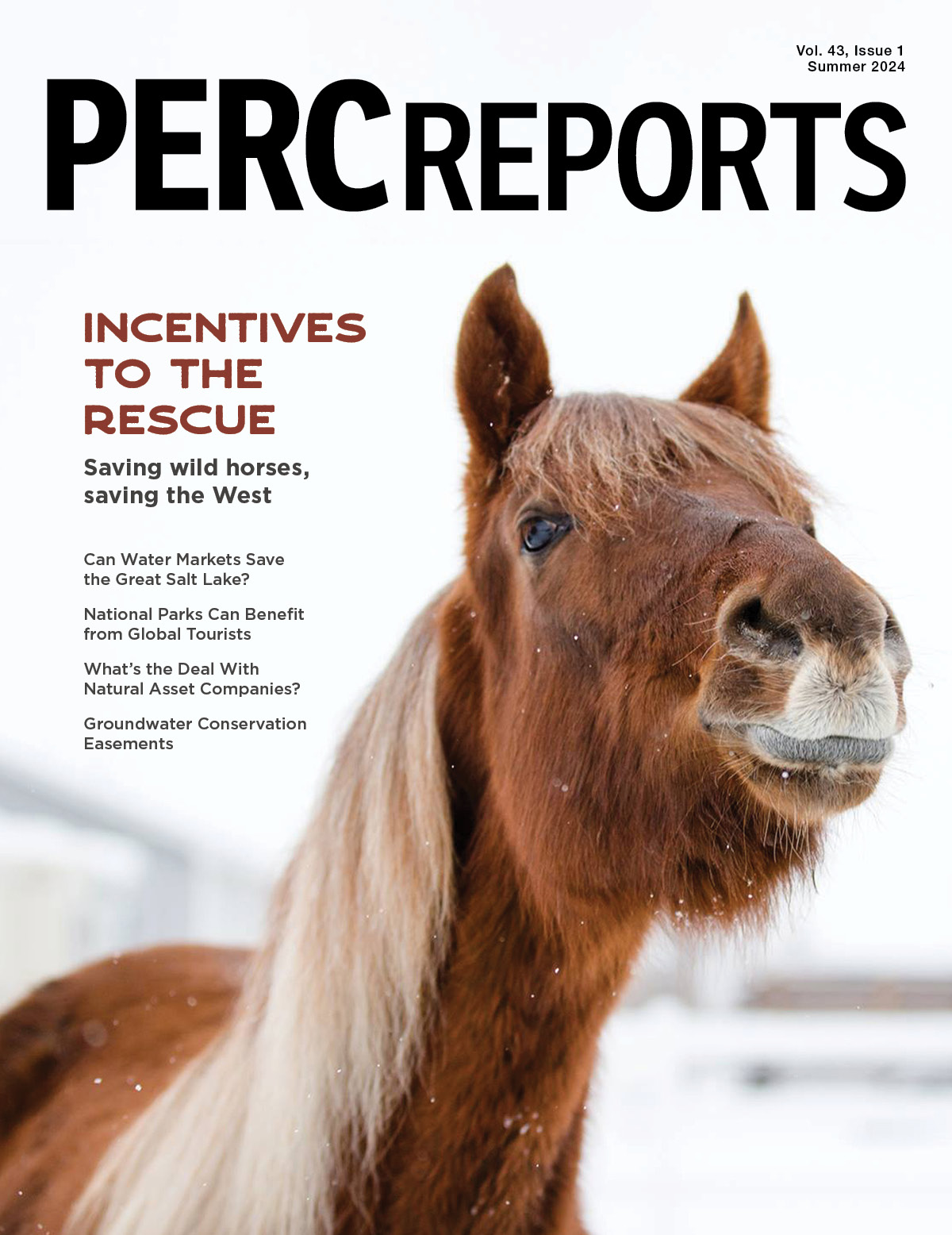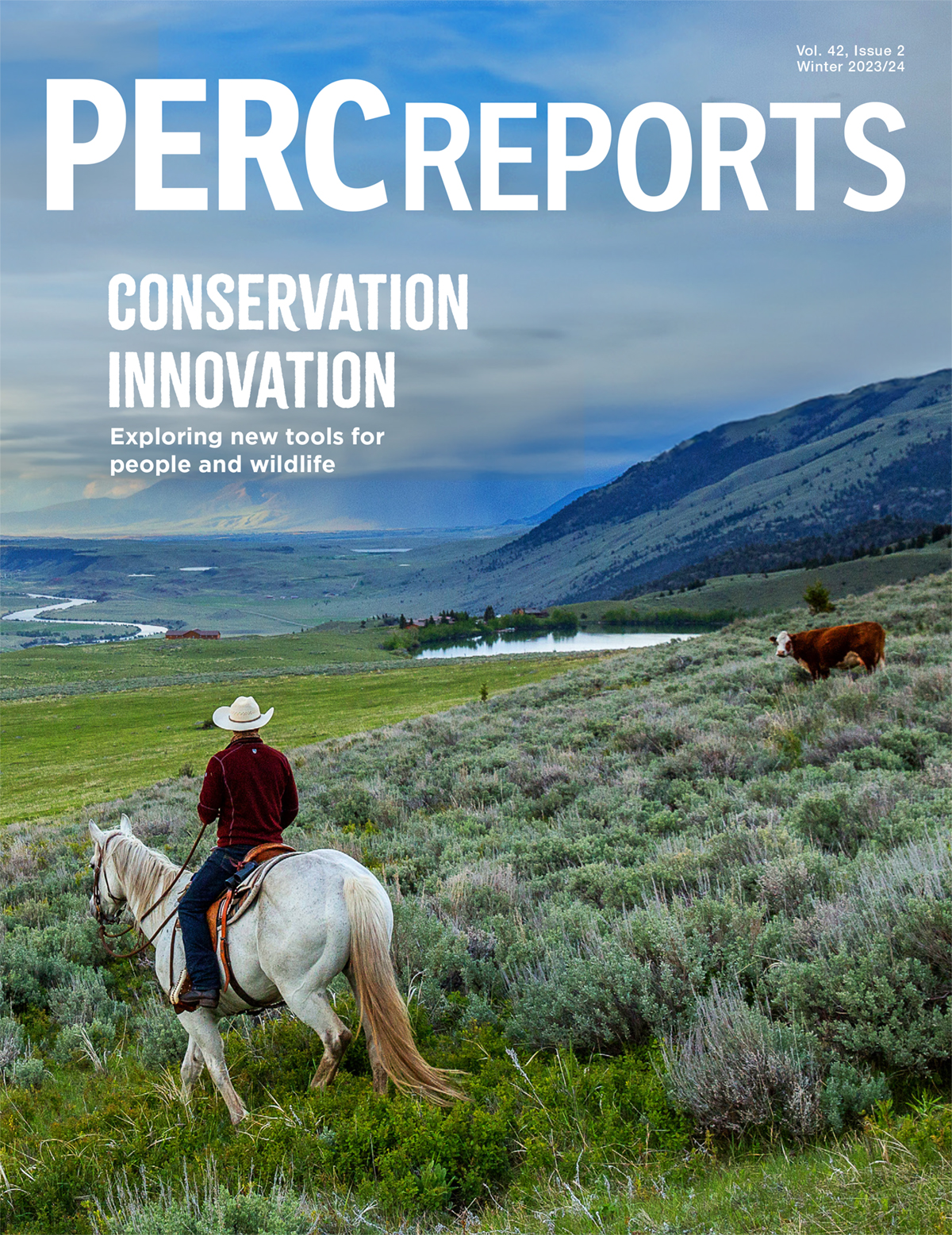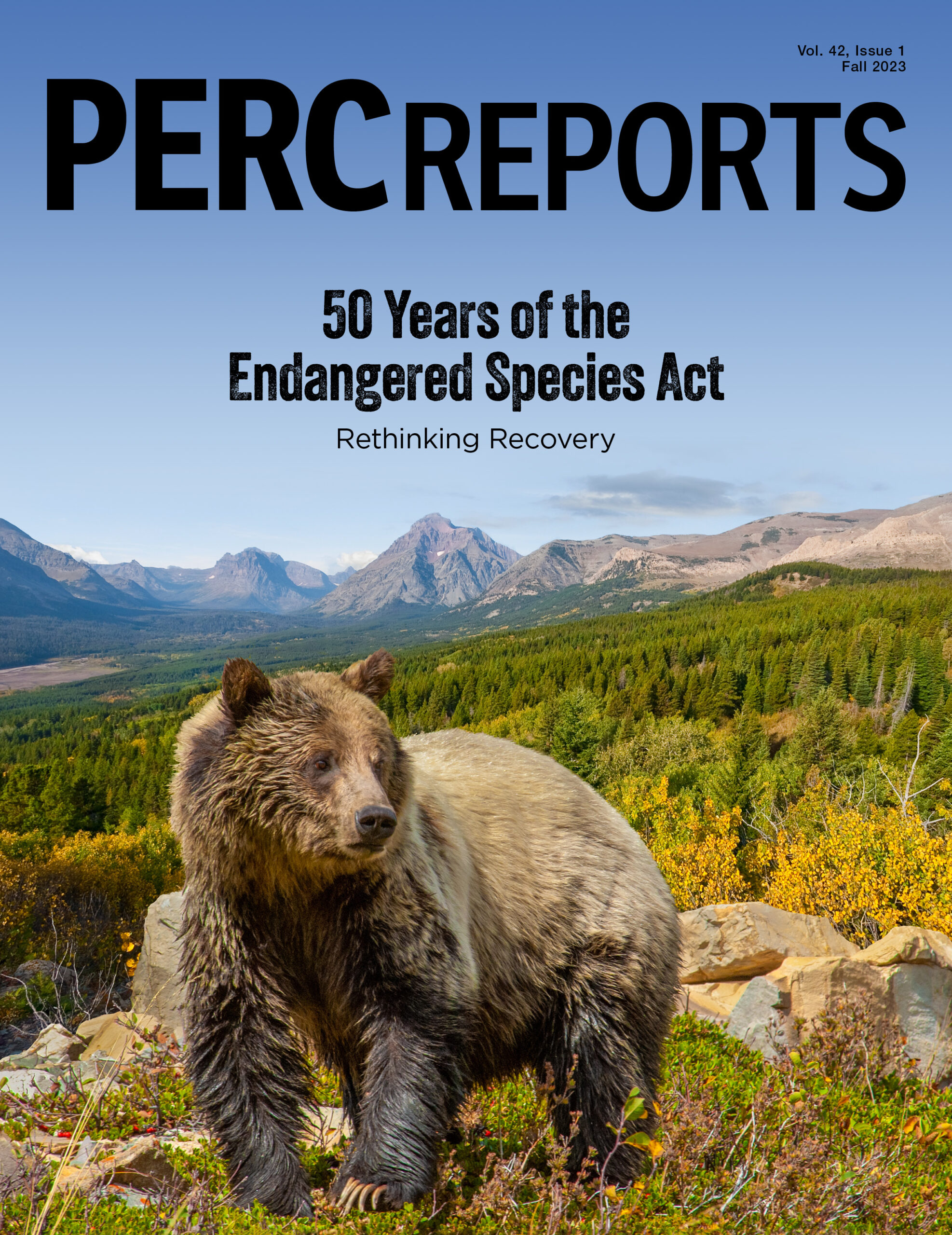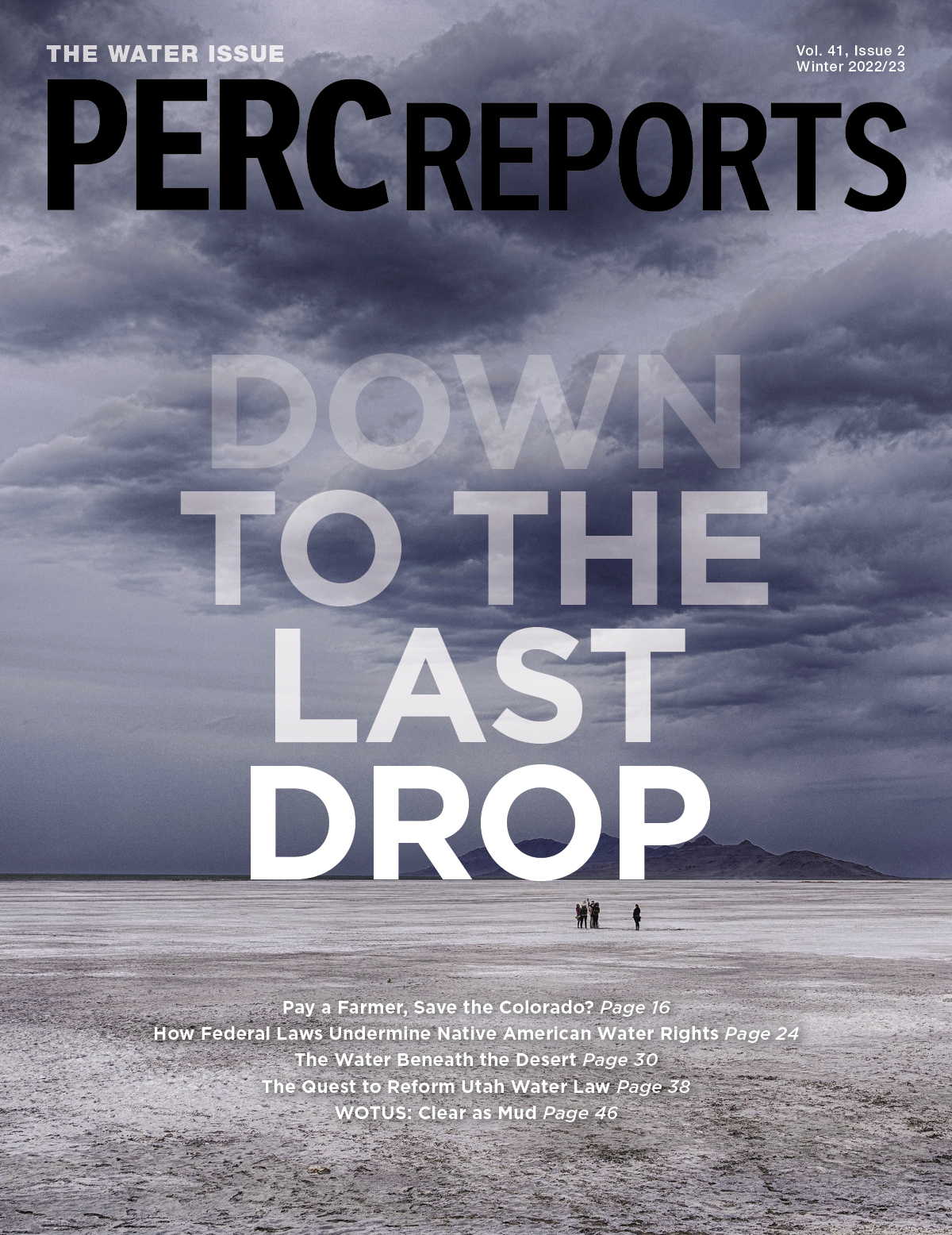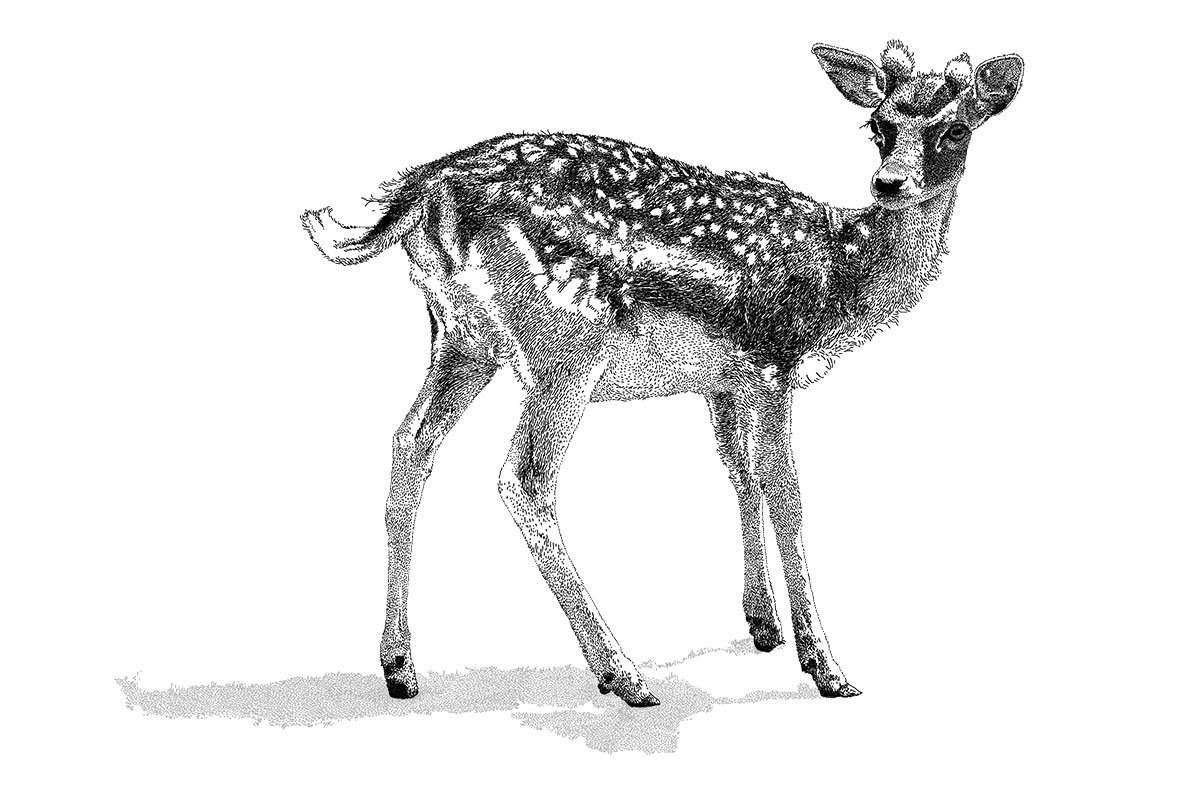
Volume 38, No.1, Summer 2019
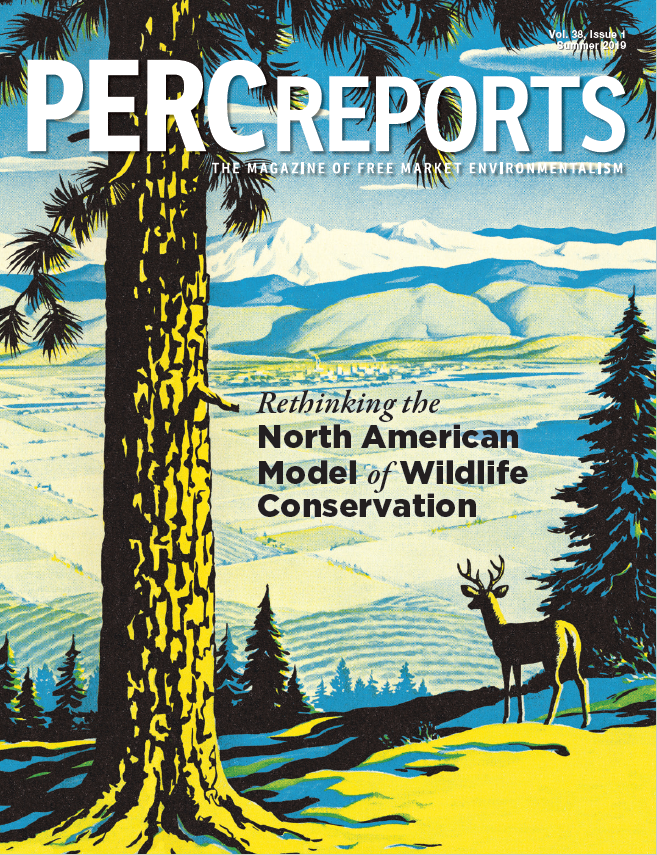
IN THIS ISSUE

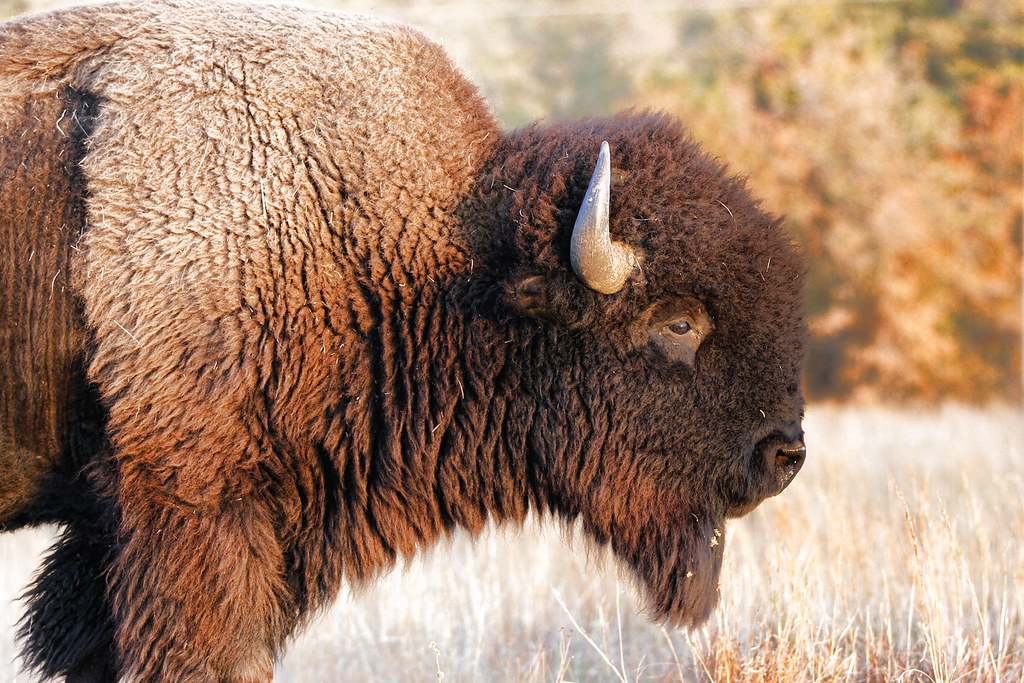
Rethinking the North American Wildlife Model
New challenges require new solutions for wildlife management.
Read more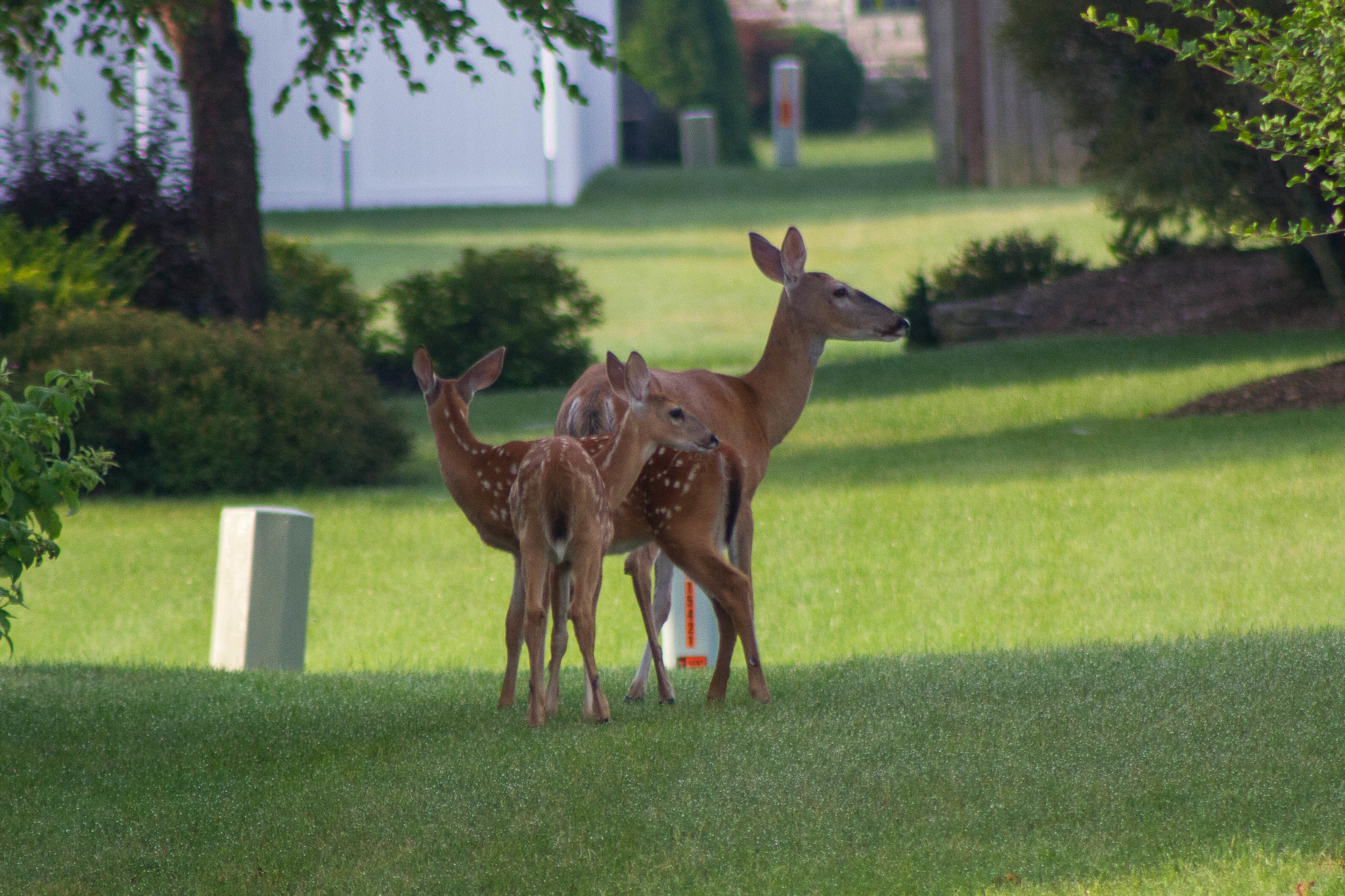
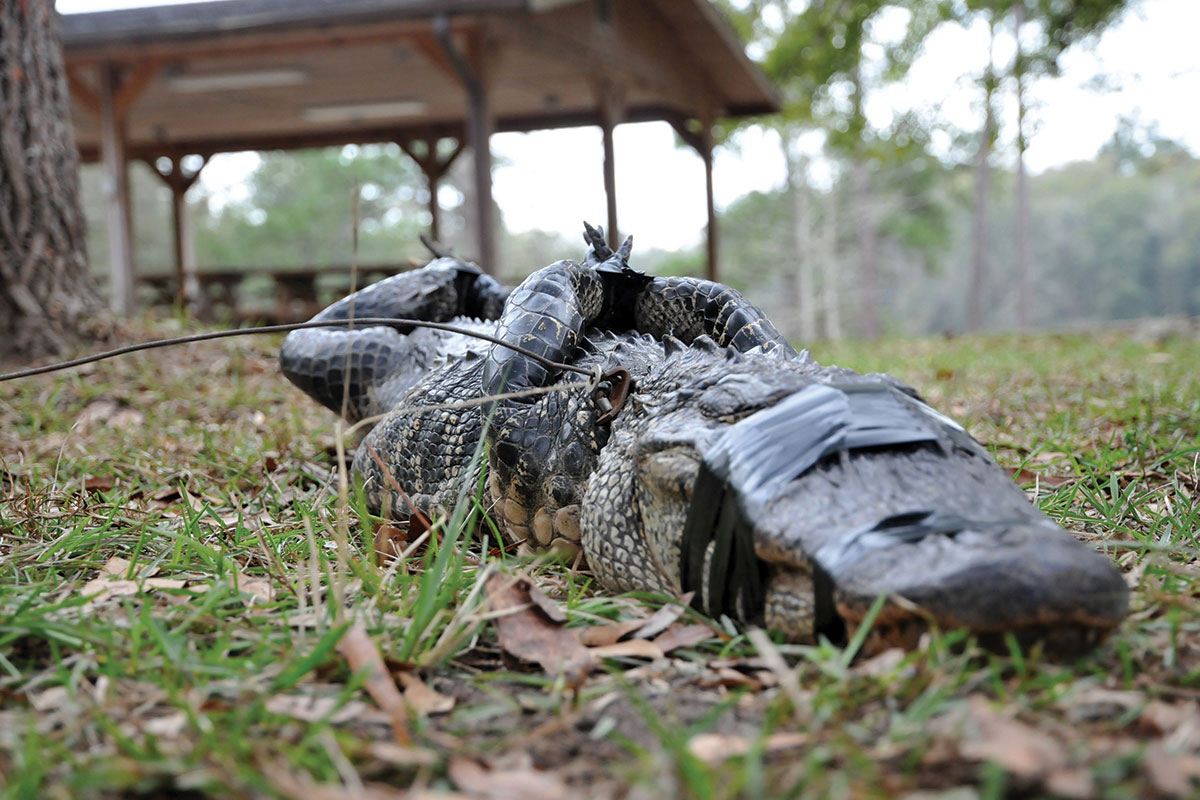
The Gator Traders
Markets help manage alligators in Florida. What can they teach us about managing other abundant species?
Read more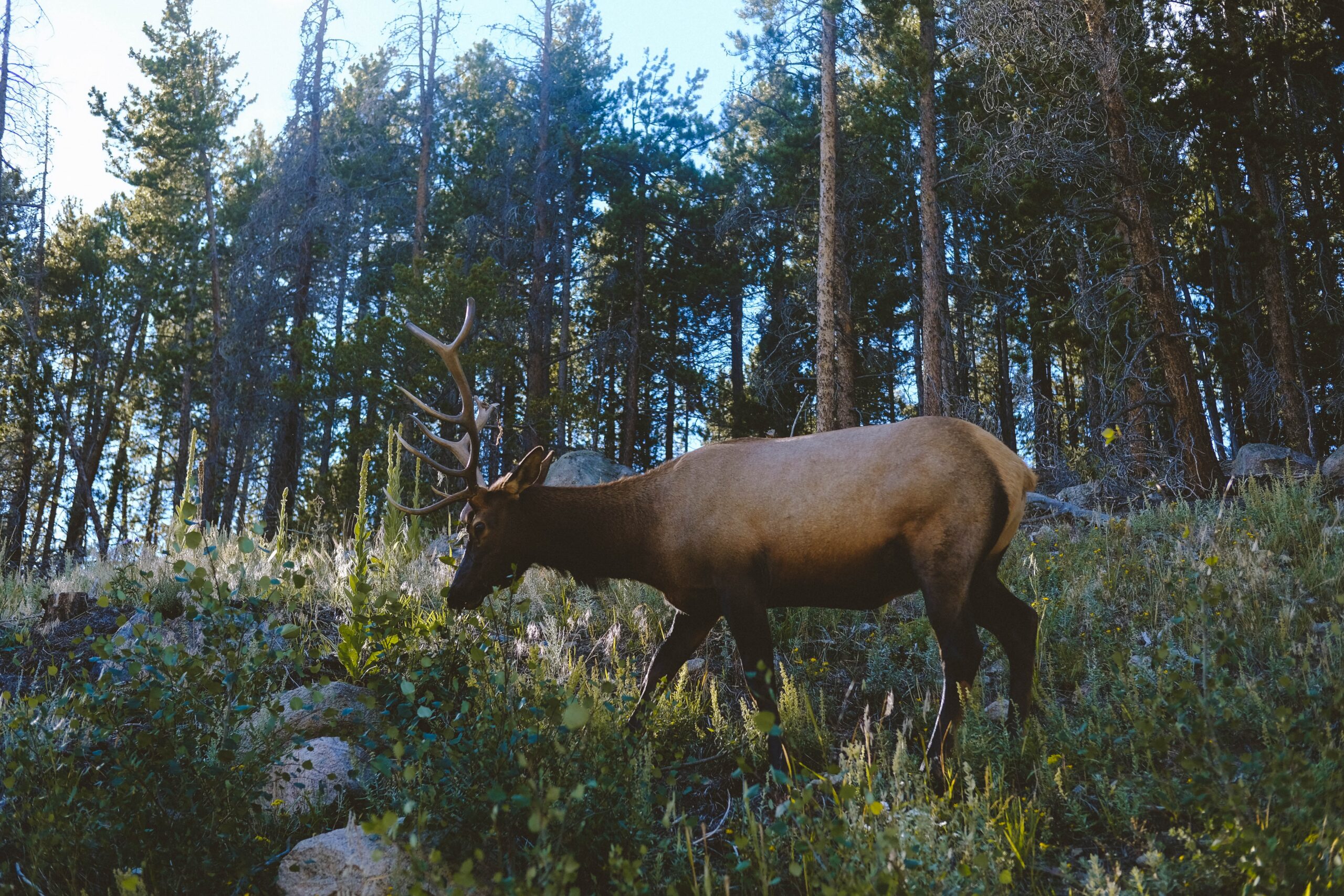
PERC Reports: Summer 2019
This special issue of PERC Reports is devoted to understanding and addressing the challenges facing the North American Model of Wildlife Conservation.
Read more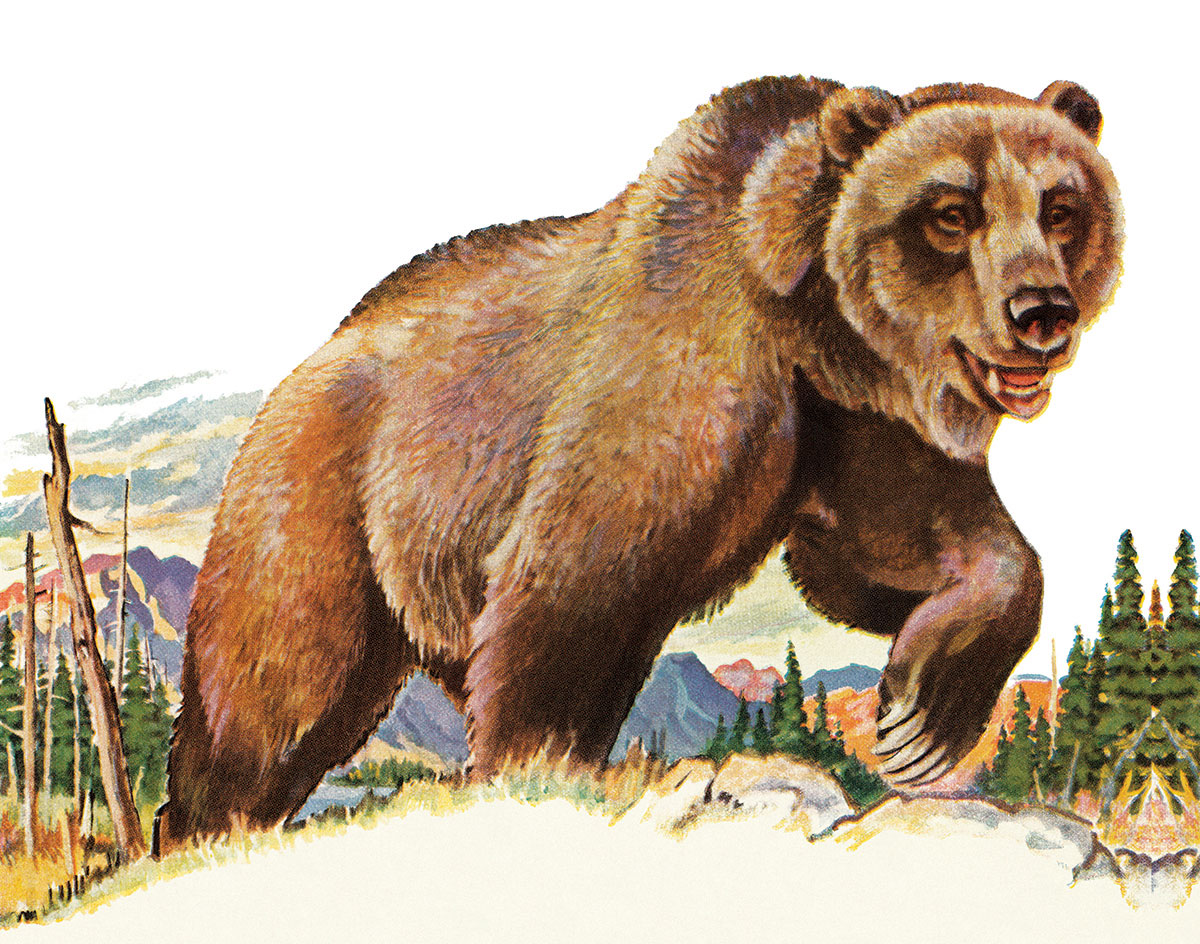
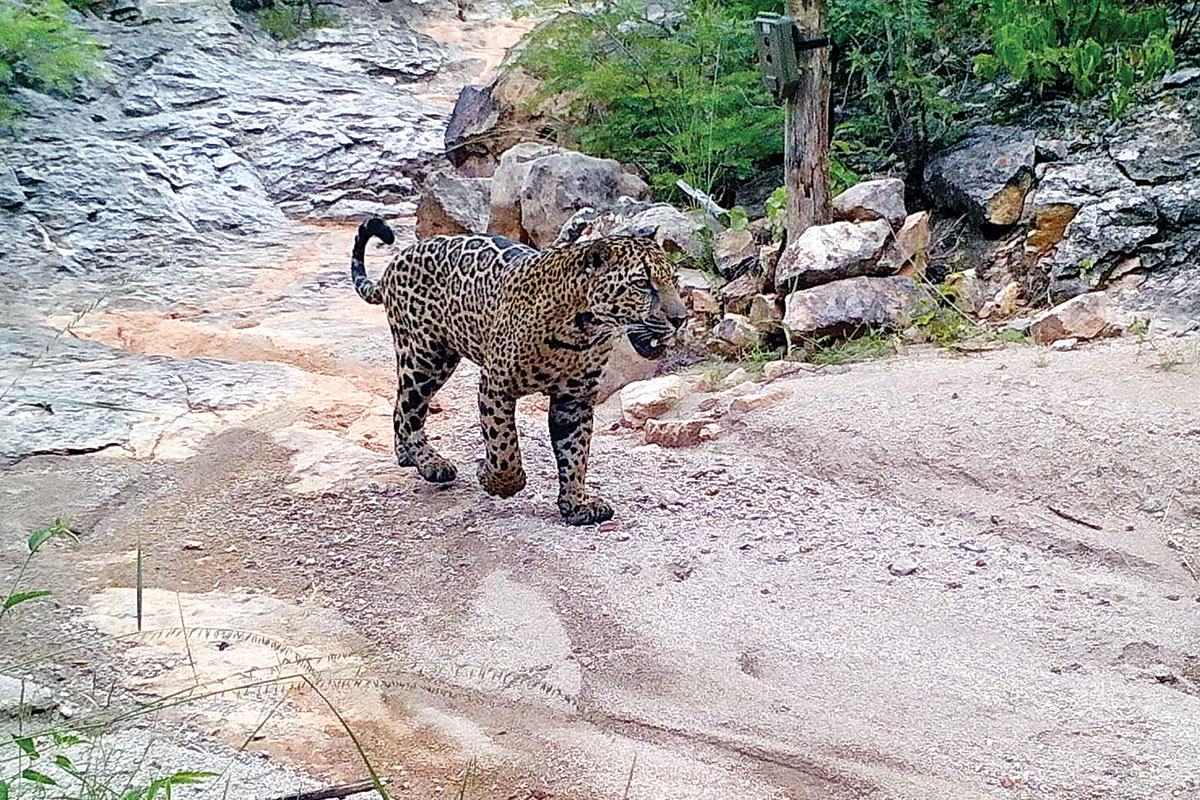
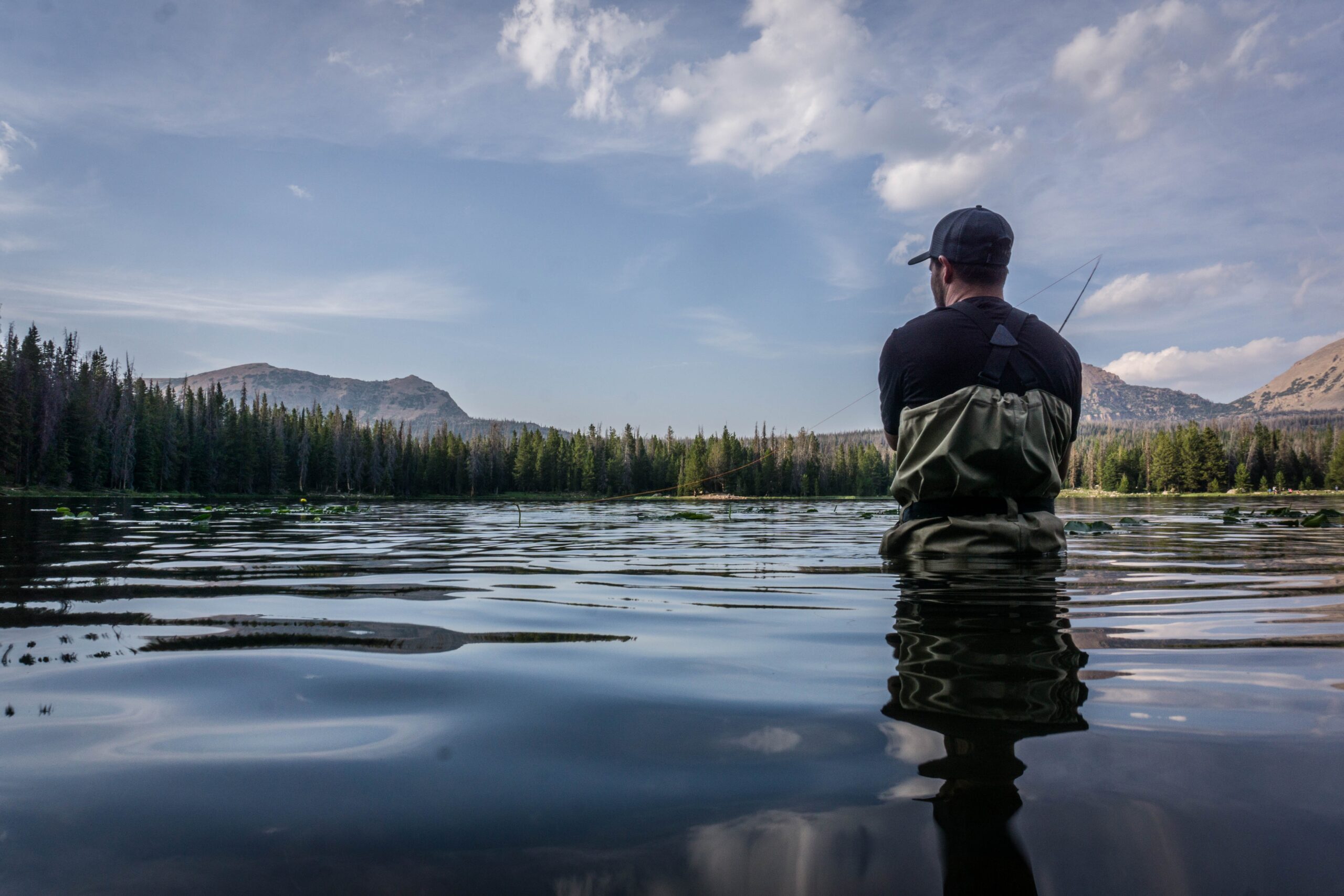
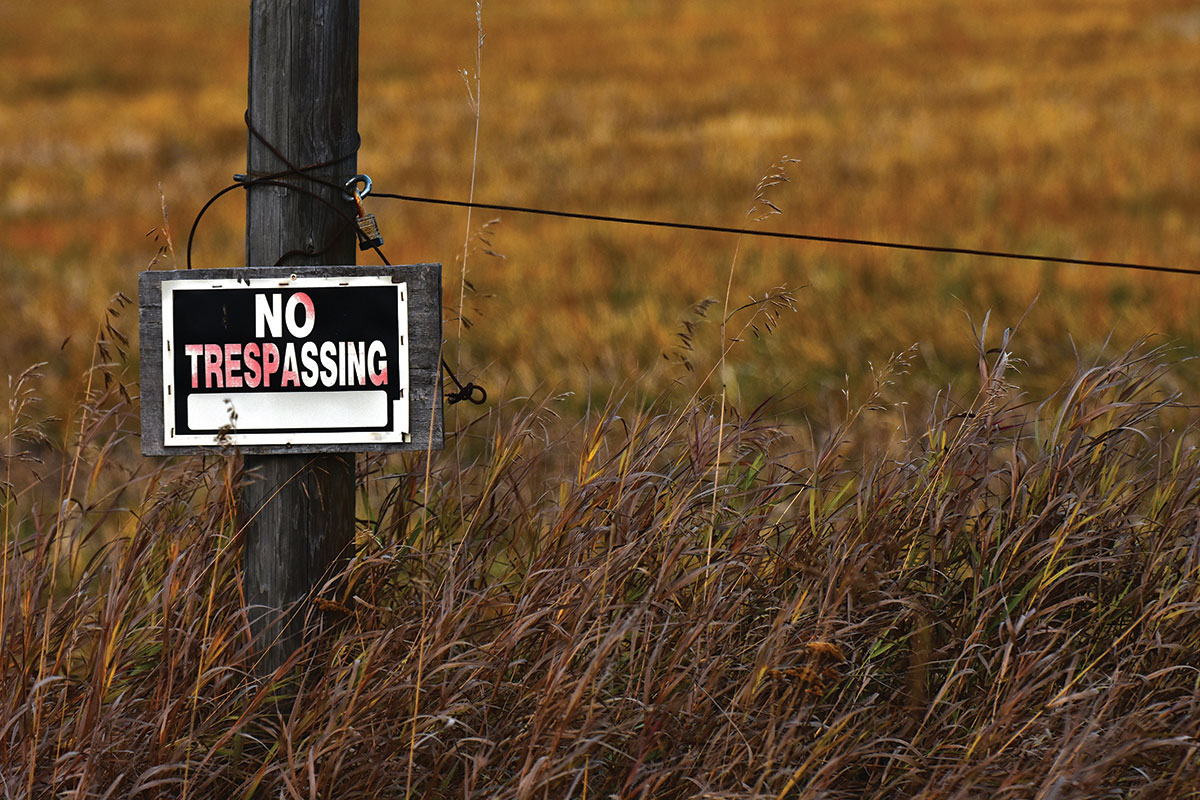
The Limits of the Public Trust Doctrine
Does the public trust doctrine apply to wildlife conservation?
Read more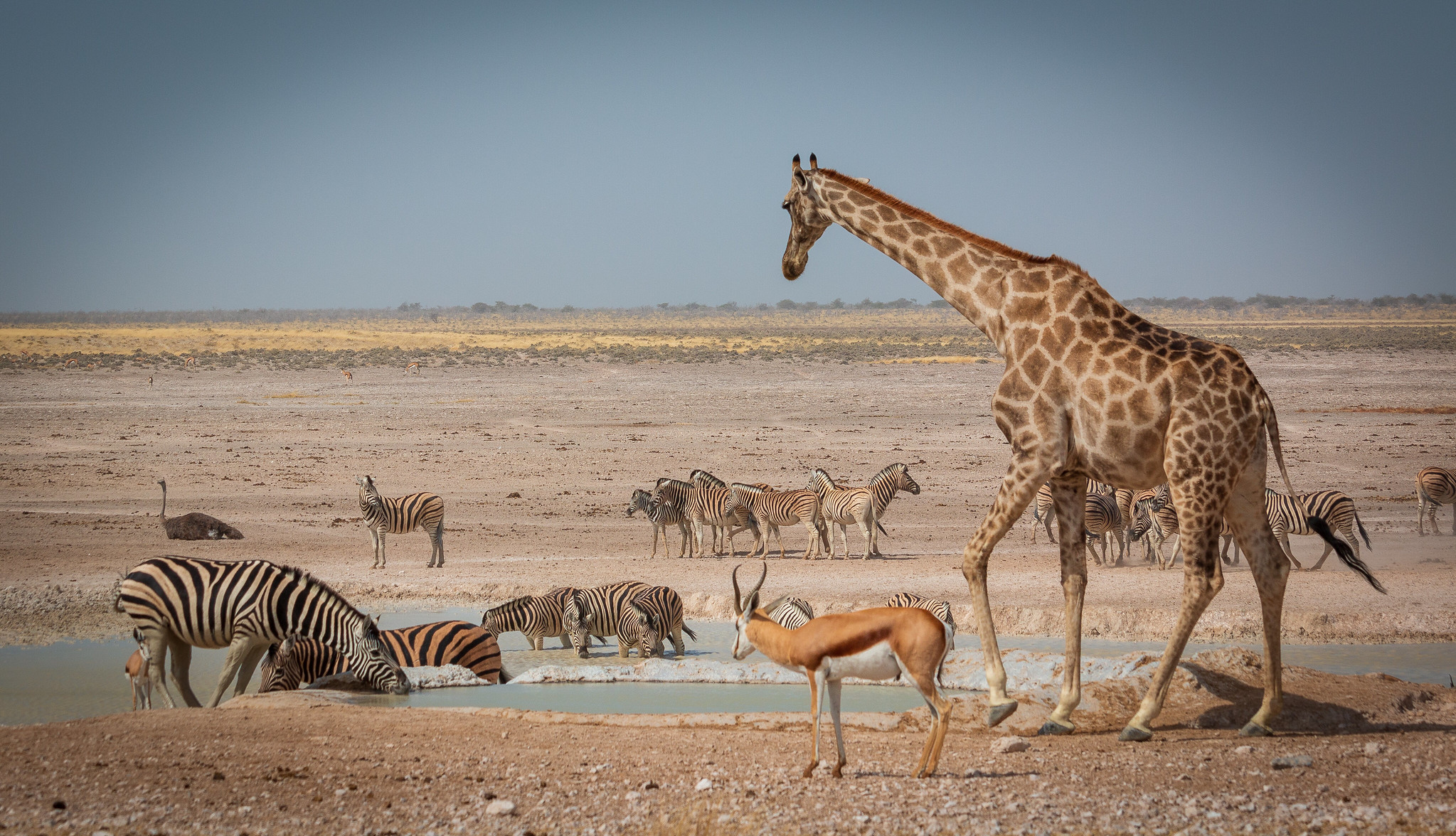
A Lesson from Africa
Namibia provides a lens to examine the merits of local control of wildlife.
Read more